Libya: The Questions We Should Be Asking
Apart from Mitt Romney’s ridiculous slur against President Obama after the slaying of US Ambassador Chris Stevens, Americans should focus on the state of affairs suggested by the following questions: When was the last time a Chinese diplomat was killed or even roughed up by an angry mob? When did you last hear about a Chinese embassy being burned down or pillaged?After the slaying of U Ambassador Chris Stevens, Americans should ask the following questions: When was the last time a Chinese diplomat was killed or even roughed up by an angry mob? When did you last hear about a Chinese embassy being burned down or pillaged?.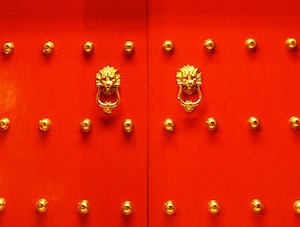
Apart from Mitt Romney’s ridiculous slur against President Obama after the slaying of U.S. Ambassador Chris Stevens, Americans should focus on the state of affairs suggested by the following questions: When was the last time a Chinese diplomat was killed or even roughed up by an angry mob? When did you last hear about a Chinese embassy being burned down or pillaged?
From Morocco and Tunisia to Libya, Egypt, Yemen and Iraq, anti-American crowds have taken to the streets. The outpouring of hatred is symptomatic of the fact that across much of North Africa, the Middle East and Central Asia, American policy is in tatters — probably more than ever before. The region is strewn with the wreckage of failed U.S. ambitions and disastrous American plans.
Incredibly, even as the U.S. surveys the shambles that Libya has become, there are still American officials pushing for the United States to intervene in Syria’s bloody civil war. (In fact, for months now, the U.S. and some of its Arab allies have been clandestinely doing just that.) Even the prime minister of Israel, supposedly America’s most valuable ally in the region, makes political points by sticking his finger in President Obama’s eye.
We’ve heard for years that America is obsessed with this part of the world because its trade routes and resources are critical to U.S. interests. That may once have been true, but as things stand now, those trade routes and resources are more crucial to China than to America. China gets a greater percentage of its oil through the vital Strait of Hormuz — which the U.S. spends billions of dollars to patrol — than does the United States.
And although the U.S. has been lavishing hundreds of billions of dollars on military bases, the Chinese have been spending their considerable financial resources across Africa, the Middle East and Central Asia, buying up mineral deposits, land, forests and petroleum, inking construction contracts for huge infrastructure projects as well as opening up vast new markets.
Where are the Chinese troops to protect all this? Where are the sprawling Chinese naval and air bases, their drones, killer teams and special forces? Not needed, thanks. The U.S. is handling security.
This makes for some sad ironies. For instance, the fact that Stevens spent months aiding the Libyan rebels during their uprising against Moammar Gadhafi while China was one of the last major allies to continue supporting the dictator. Yet the Chinese are back in Libya wheeling and dealing for construction contracts and oil.
Meanwhile, next door in Egypt, newly elected President Mohamed Morsi, whose country continues to receive more than $1 billion in aid from the United States, judged he had more to gain by joining in attacks against the U.S. than by cooling popular passions. And where was his first trip abroad after winning election? To China.
Yet China would seem a very appropriate target for Muslim anger. The U.S. may have invaded Muslim countries, but for decades China has been brutally persecuting and repressing millions of its own Muslim minorities, such as the Uighars in northwest China.
But how many furious crowds have taken to the streets in Muslim lands to protest the plight of the Uighars? How many people have even heard of them? How many of the Muslim leaders who are lambasting the United States because of an off-the-wall film that the U.S. government had absolutely nothing to do with have ever uttered a single word of protest against China in public?
That’s not to say the Chinese are beloved in the region. There have been violent, sometimes bloody, protests against their labor and trade practices but nothing that compares in scale and depth to the hatred and suspicion of the United States throughout the region.
The current outcry over a film insulting the Prophet Muhammad is just the tip of an emotional iceberg. Underneath it all are more than half a century of Western and American interventions in the region, as well as the U.S.’ continued support of Israel.
While the U.S. has spent huge sums trying to overthrow regimes, punish perceived enemies, prevent nuclear proliferation (except in Israel) and shape the impacts of the new political dynamics that are roiling the area, the Chinese have had their eyes fixed on one set of objectives only: getting hold of vital natural resources to fuel their ravenous economy and finding new markets for their products and mammoth projects for their construction companies.
Why can’t the U.S. do the same? That’s the kind of basic question Americans should ask in the wake of the killing of a U.S. ambassador, as they go about electing a new president. But don’t count on it.
Your support matters…Independent journalism is under threat and overshadowed by heavily funded mainstream media.
You can help level the playing field. Become a member.
Your tax-deductible contribution keeps us digging beneath the headlines to give you thought-provoking, investigative reporting and analysis that unearths what's really happening- without compromise.
Give today to support our courageous, independent journalists.

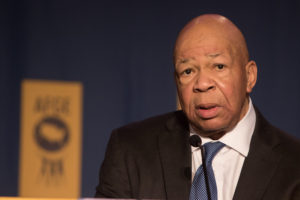
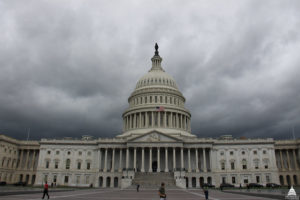
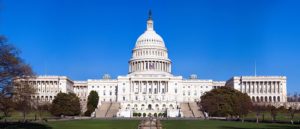
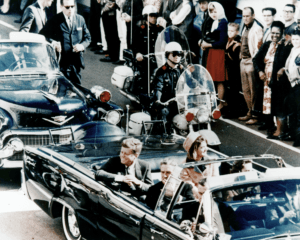
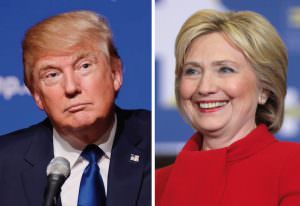
You need to be a supporter to comment.
There are currently no responses to this article.
Be the first to respond.